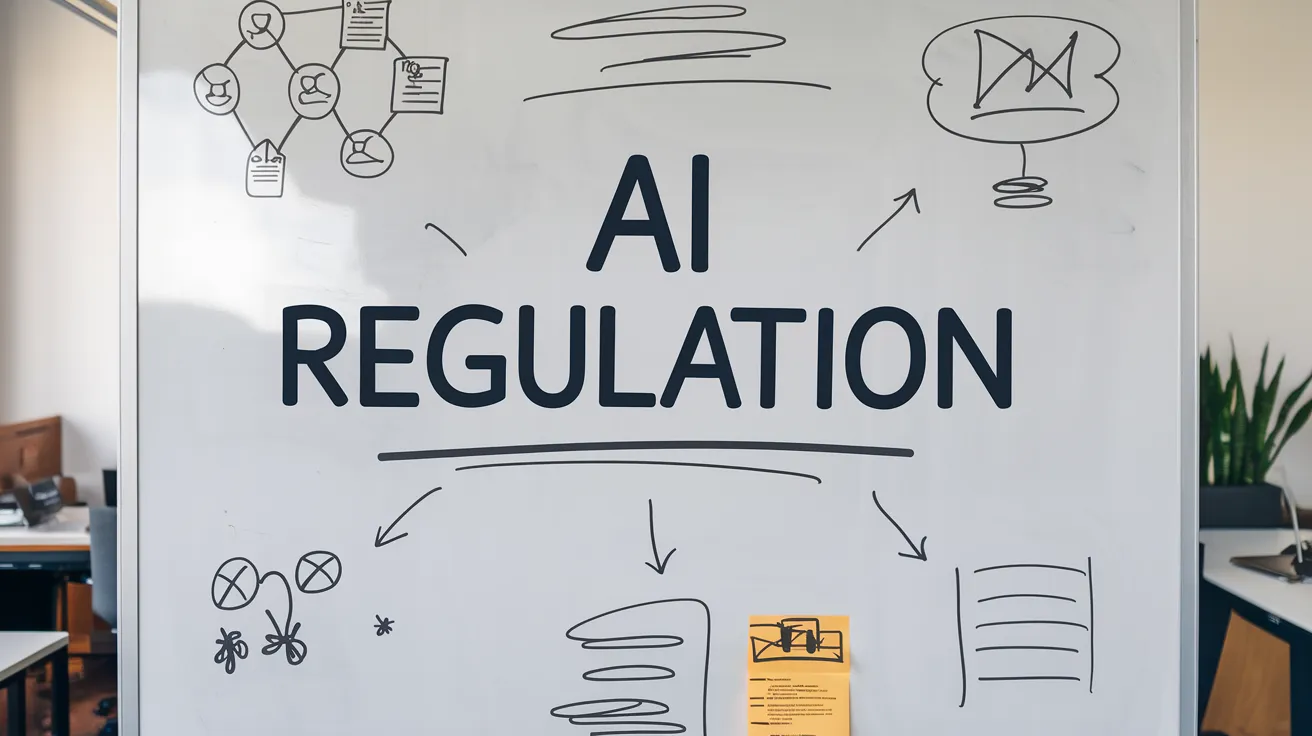Stronger AI Regulation for Online Safety

The Social Democrats have made a significant move towards enhancing online safety with a call for increased regulation of artificial intelligence (AI) as part of their newly launched Digital and Online Safety policy. The party emphasizes the urgent need to protect children online, combat disinformation, and establish a robust framework to regulate AI technologies.
To achieve these objectives, the Social Democrats propose the creation of a dedicated unit within the Department of the Taoiseach, led by a Chief Information Security Officer. This unit would be tasked with addressing the growing concerns surrounding misinformation, disinformation, and mal-information, particularly as the next General Election approaches. Gary Gannon, the TD for Dublin Central, highlighted the importance of vigilance regarding AI’s impact, given the rapid technological advancements since the last election cycle. His remarks underscore the need for timely intervention as society navigates the complexities introduced by digital technology.
Moreover, the Social Democrats intend to develop legislation aimed at protecting workers who may face displacement due to AI. Sinead Gibney, a candidate for Dublin-Rathdown, emphasized the necessity of considering labor displacement alongside the ongoing conversations about the just transition related to climate change. This parallel approach to the impact of AI on the workforce reflects a broader awareness of the socioeconomic implications brought forth by technological advancements. Gibney advocates for retraining programs and job creation initiatives as essential components of any strategy aimed at mitigating the adverse effects of AI on employment.
While recognizing the establishment of Coimisiún na Meán as a positive development in online safety regulation, Gibney expressed concerns regarding the efficacy of their governing legislation. In particular, she questioned whether the new online safety code, recently launched, possesses adequate tools to ensure the protection of users. One major concern was the reliance on age verification mechanisms within the code, which she described as a “blunt tool.” Gibney raised critical points about the potential infringements on civil liberties, particularly relating to privacy and data protection, stemming from age verification practices.
The Social Democrats’ stance comes amidst a broader discussion about the implications of rapidly evolving digital technologies in society. With AI playing a pivotal role in shaping both economic and social landscapes, the party’s proposals seek not only to ensure the safety of children and the integrity of information but also to create a reevaluation of existing frameworks governing technology in everyday life.
As the landscape shifts, political engagement on these matters is crucial, particularly with an election on the horizon. The responsibility now falls on both the government and regulatory bodies to address these emerging challenges effectively, ensuring that the benefits of AI and digital technology can be harnessed without compromising safety or individual rights.